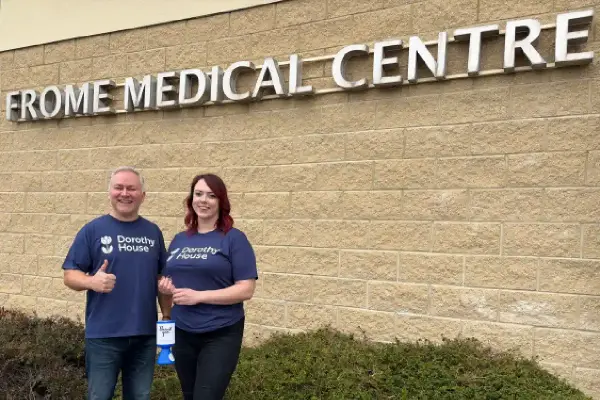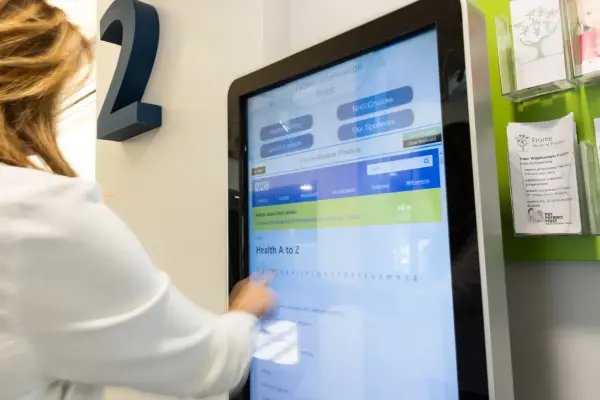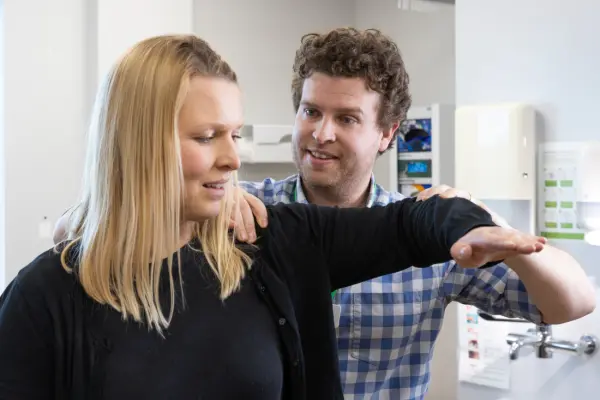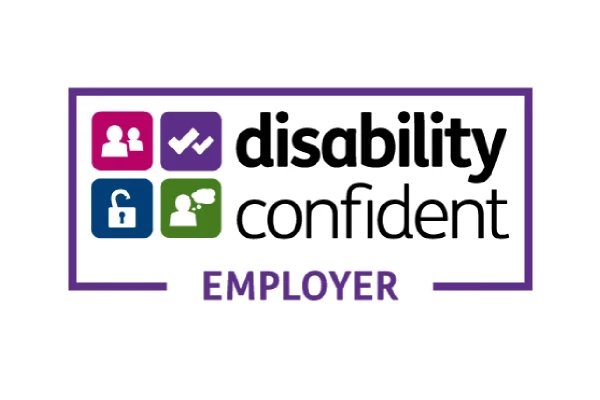We use cookies to help provide you with the best possible online experience.
By using this site, you agree that we may store and access cookies on your device. Cookie policy.
Cookie settings.
Functional Cookies
Functional Cookies are enabled by default at all times so that we can save your preferences for cookie settings and ensure site works and delivers best experience.
3rd Party Cookies
This website uses Google Analytics to collect anonymous information such as the number of visitors to the site, and the most popular pages.
Keeping this cookie enabled helps us to improve our website.
Latest News
All the latest news and information from the practice and our patient community.
 We've chosen a new charity to support
Looking forward to working alongside Dorothy House for next 2 years. Read more here
19/02/2026
We've chosen a new charity to support
Looking forward to working alongside Dorothy House for next 2 years. Read more here
19/02/2026
 Practice shortlisted in Digital Awards
We are celebrating being shortlisted for our work on digital health. Read more here.
04/02/2026
Practice shortlisted in Digital Awards
We are celebrating being shortlisted for our work on digital health. Read more here.
04/02/2026
 Please Book Your RSV Vaccine
If you're eligible for the RSV vaccine it's important to be vaccinated. More details here
03/02/2026
Please Book Your RSV Vaccine
If you're eligible for the RSV vaccine it's important to be vaccinated. More details here
03/02/2026
 Support To Help You Stay Well This Winter
Top tips to stay well and information on key services
07/01/2026
Support To Help You Stay Well This Winter
Top tips to stay well and information on key services
07/01/2026
 Ambient Voice Technology
Use of Ambient Voice Technology at Frome Medical Practice. Read more...
05/08/2025
Ambient Voice Technology
Use of Ambient Voice Technology at Frome Medical Practice. Read more...
05/08/2025
 Disability Confident Level 2 awarded to practice
Find out how the practice has achieved Level 2 and what this means for us as an employer
08/02/2024
Disability Confident Level 2 awarded to practice
Find out how the practice has achieved Level 2 and what this means for us as an employer
08/02/2024
